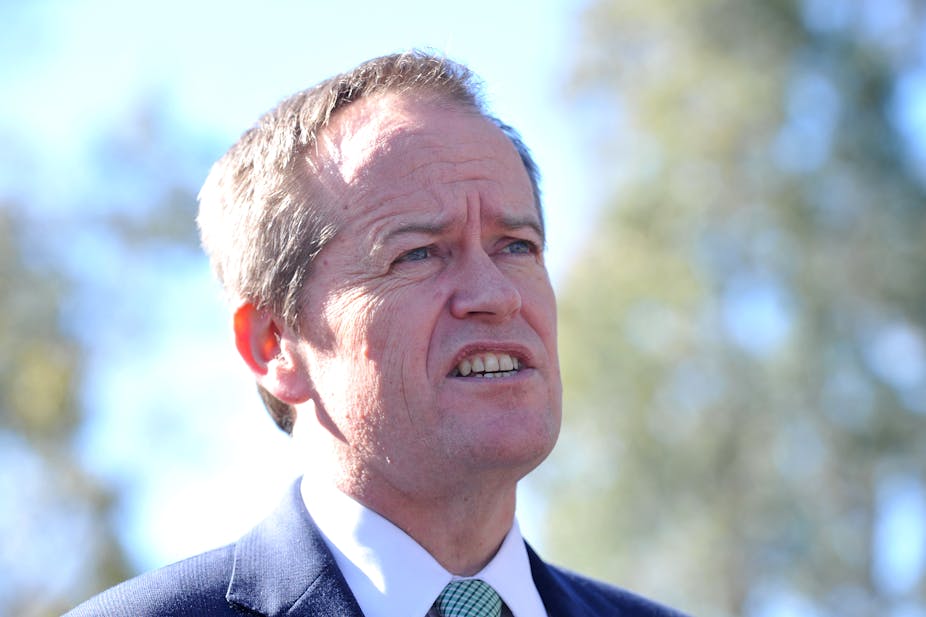Opposition leader Bill Shorten has identified himself as the senior Labor figure investigated by Victoria Police after an allegation he had raped a young woman in the 1980s.
In a claim made last October, the woman alleged that in 1986 she was assaulted by Shorten at a Young Labor camp held near Geelong.
After a report was published today that the matter had been dropped by the police, Shorten made a statement his news conference, although he did not spell out what the allegation was.
While going public on the matter carried some political risks, the decision was made that it was better to deal with it now rather than risk it being raised close to the election. Rumours that he was the man involved have swirled since the woman’s claim.
“Late last year I learned that a claim had been made about me, going back to when I was nineteen. It was made on social media, when I was elected Opposition Leader,” Shorten said.
He did not intend to go into details, “except to say that the allegation was untrue and abhorrent”.
It “was made by someone I knew briefly at that time.
"There is absolutely no basis for the claim. The claim has now been thoroughly and rigorously investigated by police, as is entirely proper.”
He had fully cooperated to clear his name. “I freely answered all questions the police asked of me.”
The matter had been deeply distressing for his family.
But “the decision speaks for itself. It is over”.
Asked whether he had exposed himself to further questioning by identifying himself he said he was entitled to draw a line on this and would not be saying anything further. He had not taken the easy option.
The Victoria Police said that investigating police had sought advice from the Office of Public Prosecutions “which advised that there was no reasonable prospect of conviction … Victoria Police will not be proceeding with criminal charges”.

